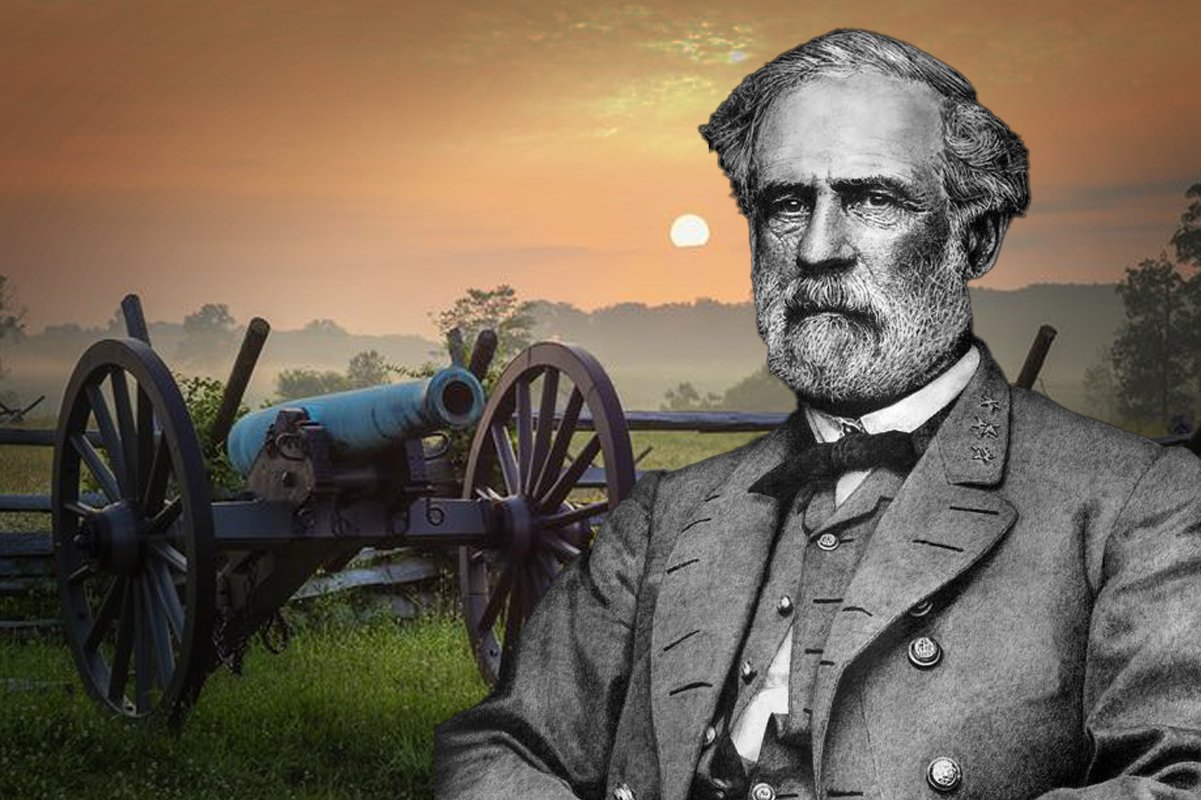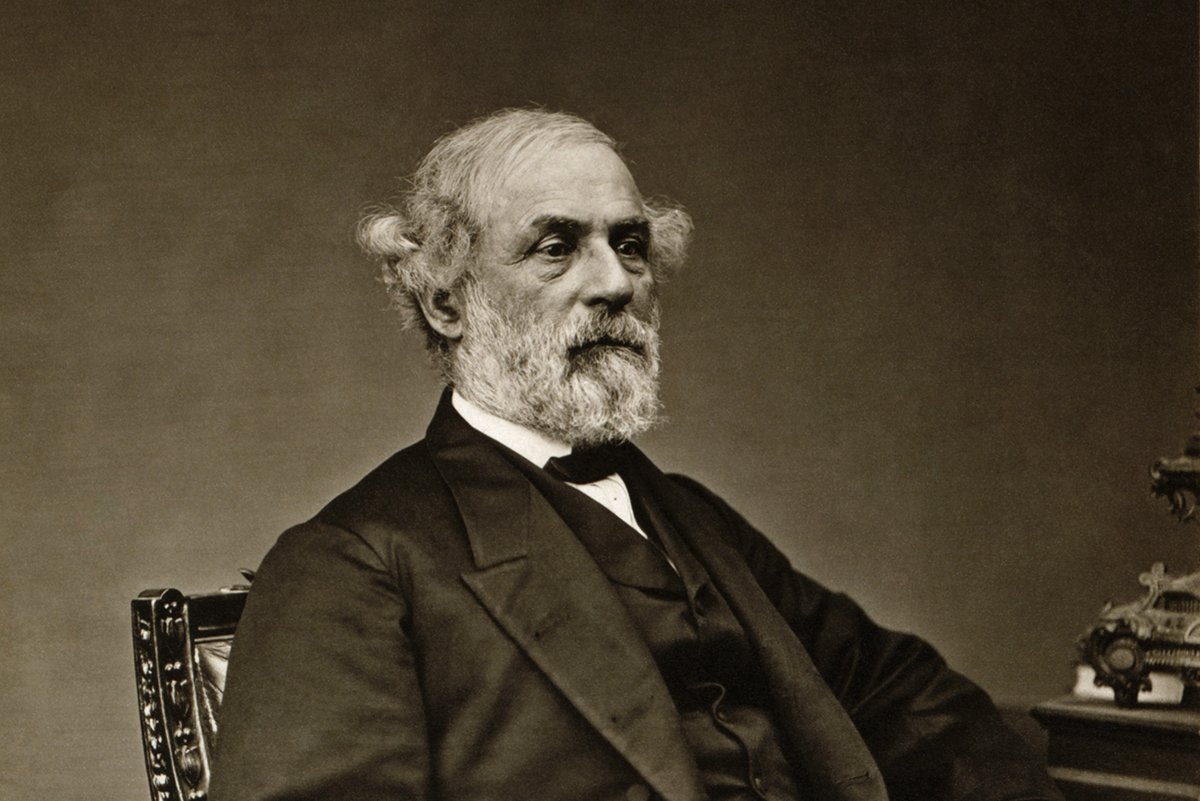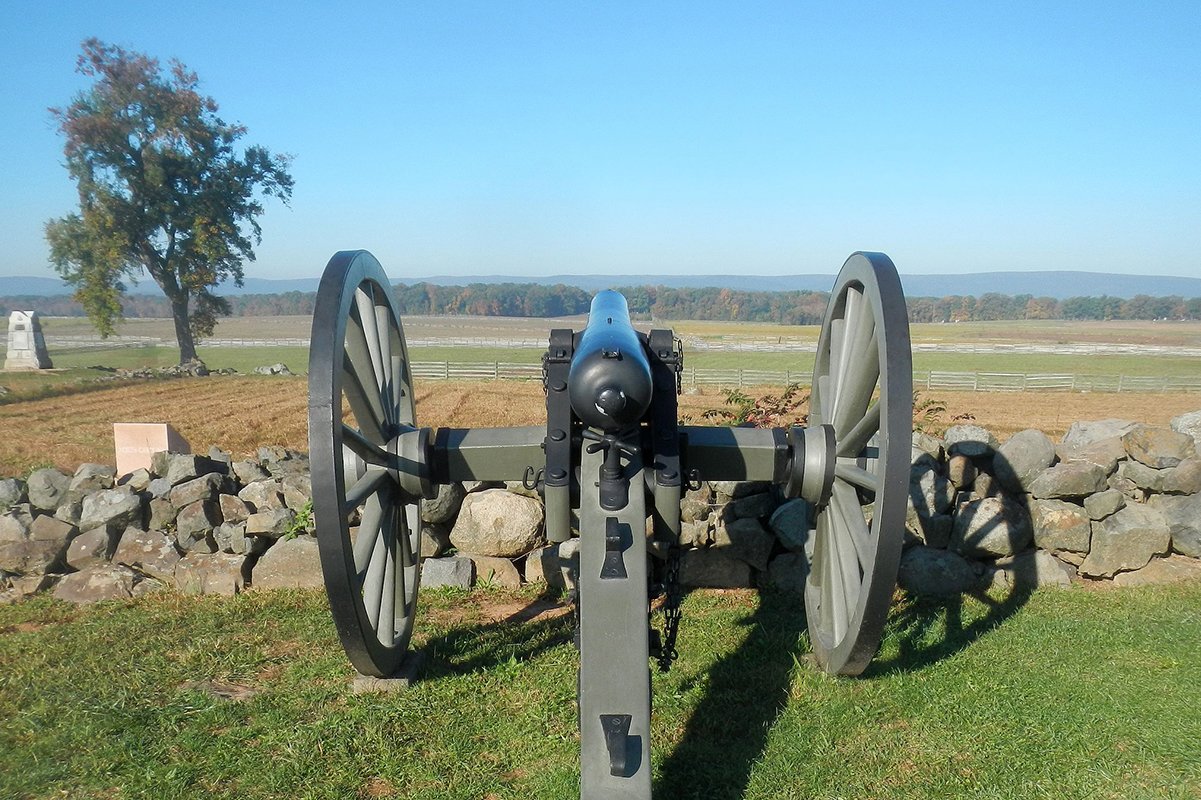Robert E. Lee May Have Lost Gettysburg Because of a Heart Attack

Robert E. Lee’s blunder at Gettysburg may have been the result of health complications. Composite by Coffee or Die Magazine.
In July 1863, Confederate General Robert E. Lee hatched an audacious plan to invade the North, defeat the Union Army, and force an end to the war – with a Confederate victory. Everything – perhaps the entire Civil War – depended on the outcome at Gettysburg.
So maybe Lee should have stayed home to recover from his heart attack.
A study from the National Institute of Health’s Center for Biotechnology Information reviewed the general’s medical history in 1992. Despite his relatively good medical condition from 1864 to 1867, by the end of the decade, he suffered from exertional (stable) angina – chest pain from blocked arteries caused by activity. By 1870, his angina became unstable and he died at age 63.

“It often was stated that the loss of the war broke the heart of Lee, but in view of our modern day understanding, it probably is more accurate to say that advancing coronary atherosclerosis was the culprit,” the NIH said.
Harvard studies show the cardiac impact of six major risk factors: high total cholesterol, low HDL (“good”) cholesterol, high blood pressure, diabetes, obesity, and smoking. Anyone with two or more of these factors has a 69 percent chance of developing a cardiovascular disease – and 11 fewer years of life.
Lee had been suffering from what his doctors diagnosed as pericarditis since March 1863, which had a sudden onset and came with pain in his chest, back, and arms. It affected his ability to ride a horse and he was known to be anxious and depressed in the days and years after, both common conditions after heart attacks.
“It came on in paroxysms, was quite sharp,” he wrote. Doctors look at “my lungs, my heart, circulation, etc. and I believe they pronounced me tolerable sound.”

Pericarditis is an inflammation of the membrane surrounding the heart but the NIH study refutes that diagnosis because American doctors were unfamiliar with the idea of angina. The researchers proposed instead that Lee suffered from ischemic heart disease, which would keep blood and oxygen from getting to the muscles of the heart.
His heart disease may have affected his judgement in all areas of life, which would explain some of the inexplicable and uncharacteristic decisions he ordered that day, namely Pickett’s Charge.
Lee’s March 1863 episode was a heart attack, not Pericarditis. As the NIH diagnosis says, the loss at Gettysburg didn’t break Lee’s heart, it was broken when he got there.
This article was originally published on We Are The Mighty. Read more by We Are The Mighty here.
Read Next: Before Stephen King, America’s ‘King of Horror’ Was A Civil War Vet With TBI

Coffee or Die is Black Rifle Coffee Company’s online lifestyle magazine. Launched in June 2018, the magazine covers a variety of topics that generally focus on the people, places, or things that are interesting, entertaining, or informative to America’s coffee drinkers — often going to dangerous or austere locations to report those stories.
BRCC and Bad Moon Print Press team up for an exclusive, limited-edition T-shirt design!
BRCC partners with Team Room Design for an exclusive T-shirt release!
Thirty Seconds Out has partnered with BRCC for an exclusive shirt design invoking the God of Winter.
Lucas O'Hara of Grizzly Forge has teamed up with BRCC for a badass, exclusive Shirt Club T-shirt design featuring his most popular knife and tiomahawk.
Coffee or Die sits down with one of the graphic designers behind Black Rifle Coffee's signature look and vibe.
Biden will award the Medal of Honor to a Vietnam War Army helicopter pilot who risked his life to save a reconnaissance team from almost certain death.
Ever wonder how much Jack Mandaville would f*ck sh*t up if he went back in time? The American Revolution didn't even see him coming.
A nearly 200-year-old West Point time capsule that at first appeared to yield little more than dust contains hidden treasure, the US Military Academy said.












